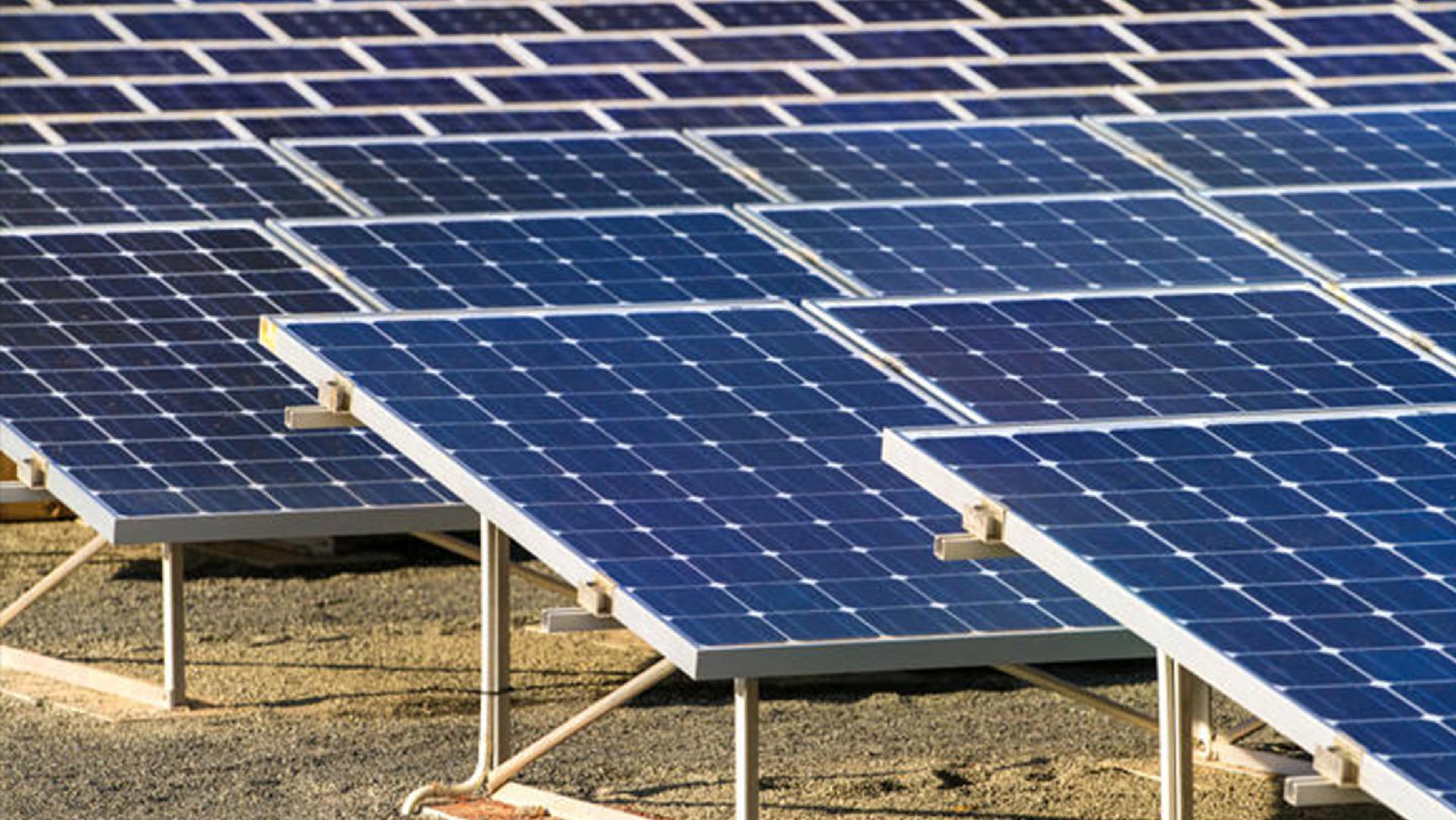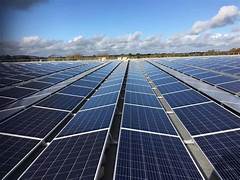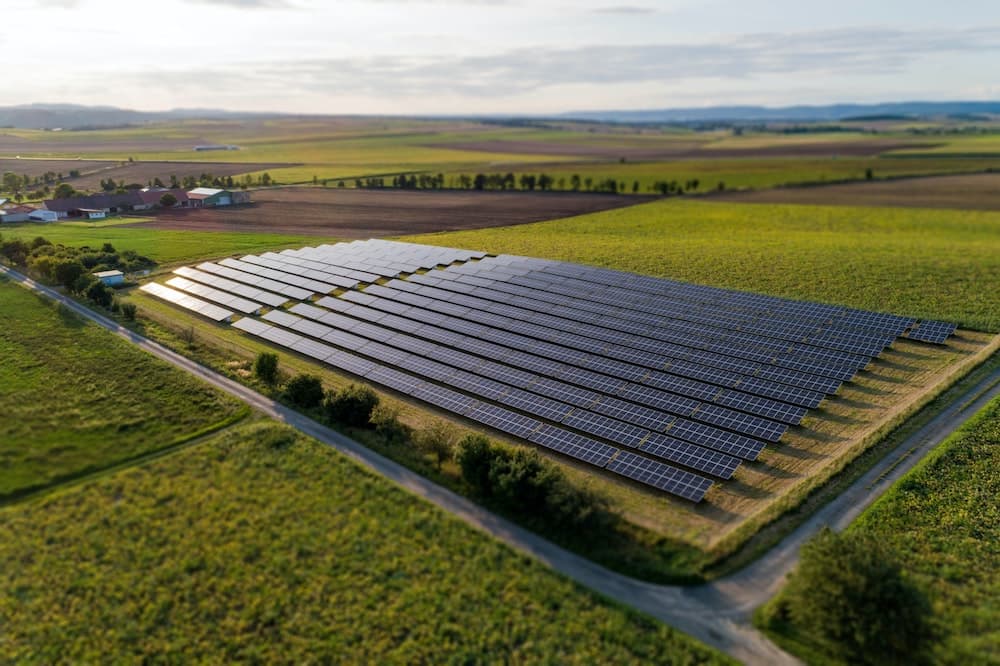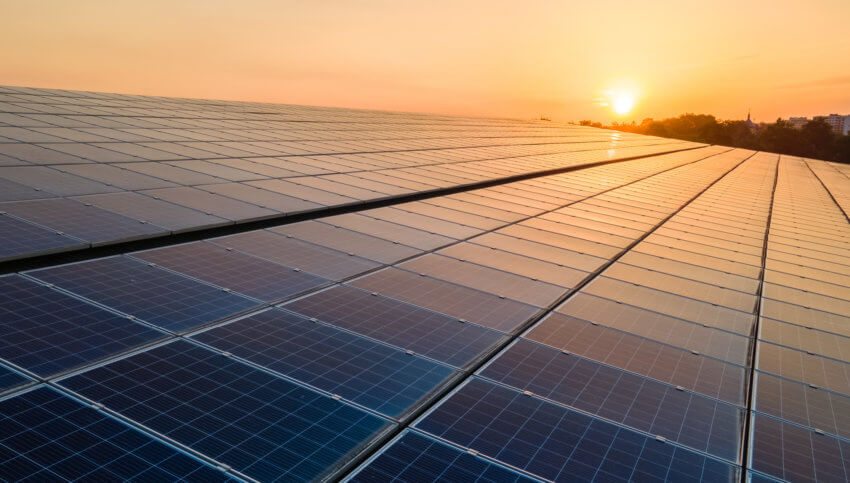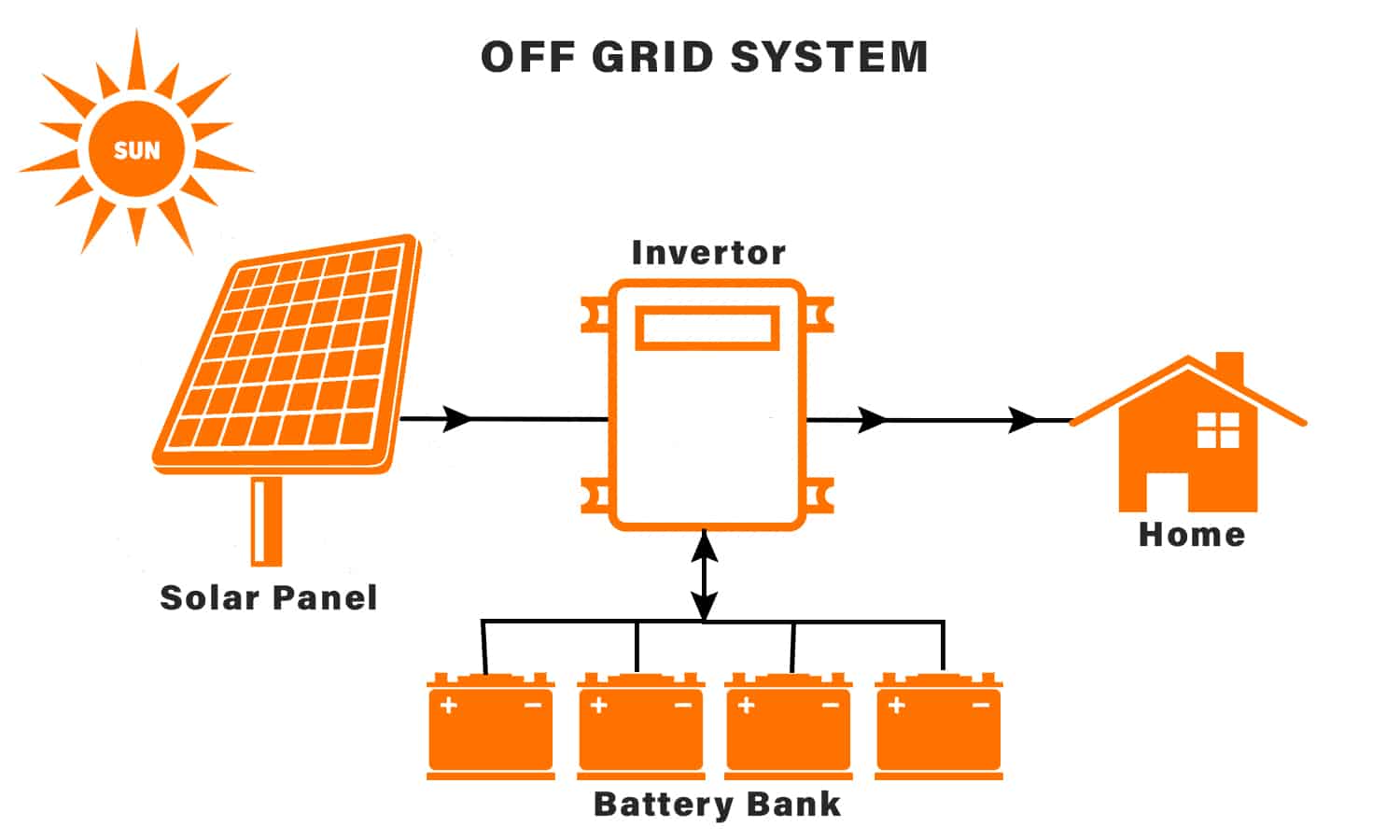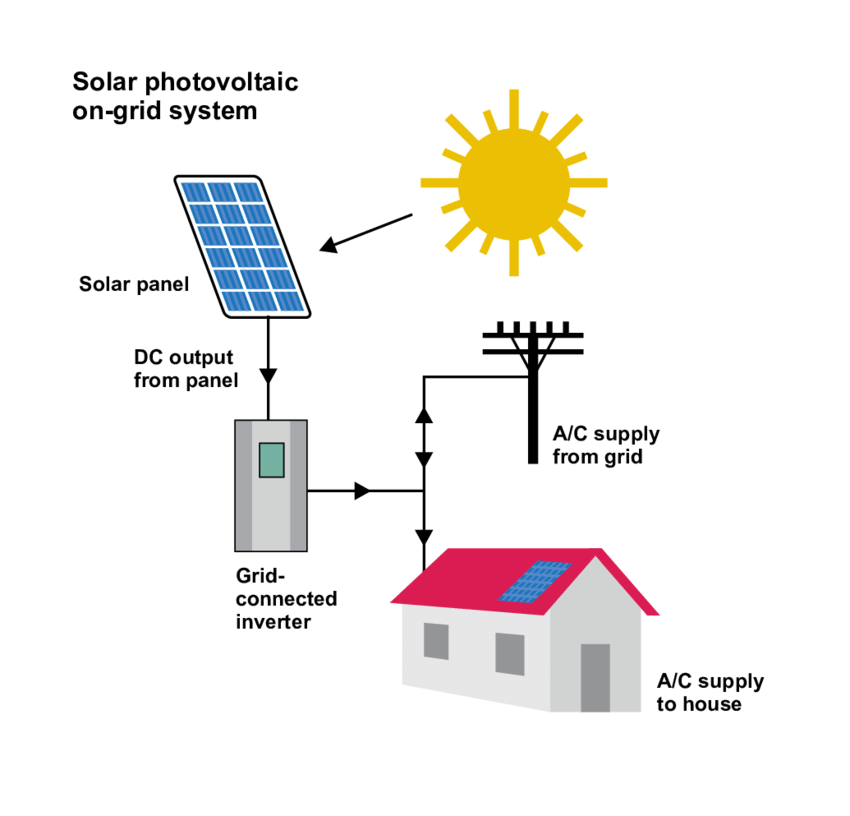Solar energy is environmentally friendly

Yes, solar energy is incredibly environmentally friendly, and one of the key reasons why it has gained such widespread popularity. Here’s why: 1. No Greenhouse Gas Emissions Solar energy production does not release any greenhouse gases like carbon dioxide (CO2), which contribute to global warming and climate change. Unlike fossil fuels (coal, oil, natural gas), which emit large amounts of CO2 when burned, solar panels produce clean electricity from sunlight, making them a zero-emissions energy source. 2. Reduces Air Pollution Since solar energy generation doesn't require the burning of fossil fuels, it significantly helps in reducing air pollution. Traditional power plants, which rely on coal, oil, or gas, release pollutants like sulfur dioxide (SO2) and nitrogen oxides (NOx), which can harm the environment and public health. Solar power generation has none of these harmful emissions. 3. Renewable and Sustainable Solar energy is a renewable resource, meaning it will not run out as long as the sun exists. Unlike non-renewable resources such as coal, oil, and gas, which are finite and cause environmental degradation during extraction, solar energy is abundant, clean, and sustainable. 4. Decreases Water Usage Traditional energy production methods, especially nuclear and coal power plants, require significant amounts of water for cooling. Solar energy, on the other hand, does not use water to generate electricity, which is beneficial in regions experiencing water scarcity. 5. Conserves Natural Resources Solar panels do not rely on natural resources like coal, oil, or gas. By switching to solar energy, we reduce the demand for the mining and extraction of these resources, which often results in environmental destruction (e.g., habitat loss, water contamination, and deforestation). 6. Reduction in Energy Consumption Solar energy systems often lead to energy independence, reducing the demand for energy generated from fossil fuels. This helps to conserve fossil fuel reserves, reducing their environmental impact over time. 7. Recyclability The materials used in solar panels, including aluminum frames, glass, and certain types of silicon, can be recycled at the end of their lifespan. This reduces waste and allows for the reuse of valuable materials, contributing to a circular economy. 8. Minimal Land Use Impact Compared to coal or oil extraction, which often involves large-scale land disturbances (mining, drilling, etc.), solar power systems, especially rooftop solar panels, require minimal land. Even large-scale solar farms take up much less land compared to other energy production facilities and can be installed on unused or degraded land. Overall Impact on the Environment By reducing the reliance on non-renewable, polluting sources of energy, solar power offers a way to generate clean electricity, combat climate change, reduce air pollution, and preserve natural resources. The adoption of solar energy on a global scale can significantly contribute to a more sustainable and environmentally-friendly energy future.




